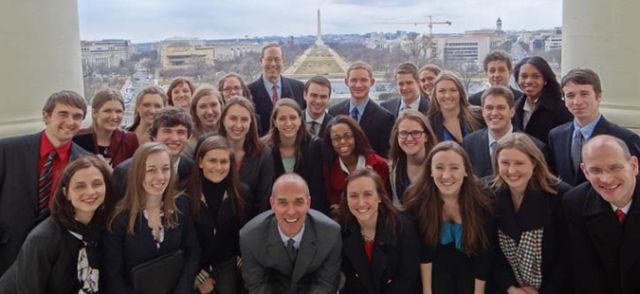Investors: The Missing Piece in the Foreclosure Racial Gap Debate
Document Type
Article
Publication Date
12-2012
Publication Source
Journal of Urban Affairs
Abstract
Foreclosures have become one of the most important problems facing cities and the U.S. economy. However, not all communities are affected equally. Our goal is to better understand factors that affect variation in neighborhood foreclosures in a typical, mid-sized U.S. city — Louisville, Kentucky. While previous findings indicate that a key explanatory variable leading to rising neighborhood foreclosures is the proportion of racial minorities, our analysis finds that in a fully specified model, race does not predict differences between black and white homeowners. On the other hand, an analysis of investors predicts high foreclosure rates in African-American neighborhoods. The effect of percent nonwhite is caused by several key intervening variables, including the presence of investor foreclosures, the absence of neighborhood walkability, and the prevalence of high-cost loans. In the past, walkability and investor behavior have largely been ignored by social scientists studying neighborhood variation in foreclosures and the role of race in rising foreclosures. In this article, we examine how speculation by investors in majority African-American neighborhoods along with degree of walkability and the concentration of high-priced loans have contributed to recent increases in foreclosures and variation across neighborhoods. Together, the findings demonstrate that these three factors help to better explain the contemporary causes of greater foreclosures in African-American neighborhoods.
Inclusive pages
559-582
ISBN/ISSN
0735-2166
Publisher
John Wiley & Sons Inc.
Volume
34
Issue
5
Peer Reviewed
yes
eCommons Citation
Gilderbloom, John I.; Ambrosius, Joshua D.; Squires, Gregory D.; Hanka, Matthew J.; and Kenitzer, Zachary E., "Investors: The Missing Piece in the Foreclosure Racial Gap Debate" (2012). Political Science Faculty Publications. 37.
https://ecommons.udayton.edu/pol_fac_pub/37
COinS



